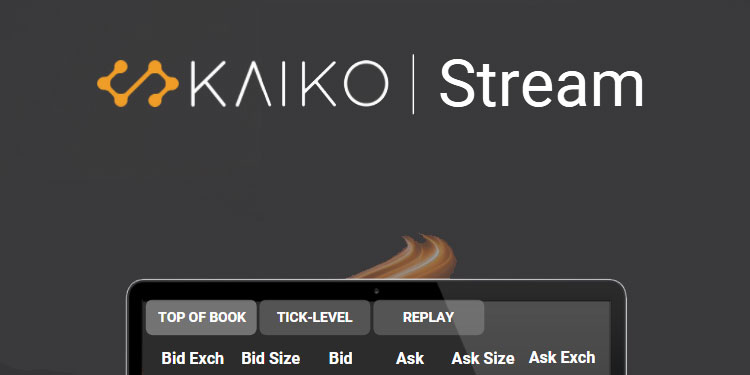Home » Business » India virtual currency industry calls for tax relief ahead of 2023 Union Budget
Key stakeholders inIndia’sdigital currency industry areseekinga reduction of the draconian regulatory policies against the sector. The interested parties hope the changes will be introduced during the presentation of the Union Budget for 2023 on February 1.
In last year’s budget speech, Finance Minister Nirmala Sitharaman announced that virtual assets would be taxable under the new Income Tax Act. Under the law, local virtual currency traders are subject to a30% taxplus another 4% on profits from investing in digital assets.
The new tax regime also imposed a 1% Tax Deductible at Source (TDS) for transactions above a certain threshold. Furthermore, the government precluded traders from offsetting their losses against profits made from other digital currencies.
After nearly a year of operation, India’s virtual currency players are banding together to urge the government to reassess its taxation policy over the industry. Bharat Web 3 Association, made up of service providers like Polygon, CoinDCX, and Zeb Pay, has pushed for a reduction of the 1% TDS to 0.01%.
The coalition’s rationale is that a lower TDS rate will allow firms to provide competitive prices to Indian users, which would “protect them from exposure to unregulated foreign exchanges.” Other stakeholders have argued that the reduction of the TDS would not affect the operation of the tax policy because its purpose was to simply know the exact amount ofvirtual currency transactions.
“This TDS could be brought down to 0.1% on every trade without challenging its efficacy,” said Giottus CEO Vikram Subburaj. “This will bring more capital infusion to the sector.”
The stakeholders also called for uniformity in the taxation of all asset classes, noting that a similar tax framework for virtual currencies, mutual funds, and securities would trigger investments in the financial system. Service providers are actively lobbying for regulators to allow traders to offset their losses with gains in another digital asset for tax purposes.
Lobby all you want, but a change is unlikely
Former Finance Secretary Subhash Chandra Garg has dampened the enthusiasm of the virtual currency ecosystem by saying that India’sharsh policytowards the industry is not likely to change in the nearest future.
He cited previous comments of the Reserve Bank of India (RBI) and the Ministry of Finance planning to “tax virtual assets to death” and the myriad collapse that rocked the sector as proof that the country’s regulators would not budge to pressure.
“As this taxation regime, along with the meltdown and frauds in the crypto assets trading industry in 2022, has substantially reduced fascination for owning and trading crypto-assets in the country, which is perhaps what the government was looking for, I don’t think the government is likely to tinker with the current taxation regime in the coming Budget,” Garg said.
Watch: Law & Order: Regulatory Compliance for Blockchain & Digital Assets
New to Bitcoin? Check out CoinGeek’sBitcoin for Beginnerssection, the ultimate resource guide to learn more about Bitcoin—as originally envisioned by Satoshi Nakamoto—and blockchain.
Note: This article have been indexed to our site. We do not claim legitimacy, ownership or copyright of any of the content above. To see the article at original source Click Here













